In a dramatic courtroom showdown, the Office of the Director of Public Prosecutions (ODPP) has formally urged the Kiambu High Court to deny bail to 15 former Security Service Unit (SSU) officers. The officers are accused in one of the most disturbing cases of enforced disappearance in recent history: the alleged abduction and murder of two foreign nationals and a Kenyan taxi driver.
An affidavit filed by Superintendent Michael Kirui leaves little room for doubt: the prosecution argues these suspects pose “a real threat to national security” and are likely to intimidate or manipulate witnesses if released. With at least 1,100 days having passed without a trace of the victims—two Indian nationals, Mohammed Zaid Sami Kidwai and Zulfiqar Ahmed Khan, alongside driver Nicodemus Mwania Mwange—the pressure to deliver justice has reached a boiling point.
Investigators claim the accused maintained a web of influence within security agencies, leveraging it to derail the investigation. Alleged surveillance, threats, and courtroom intimidation of officers have created a chilling environment that the prosecution warns could be amplified if bail is granted.

The accused, drawn from the now-disbanded SSU, National Intelligence Service (NIS), and Kenya Wildlife Service (KWS), are charged with abduction and murder under Kenya’s International Crimes Act. The gravity of the alleged actions, combined with lingering operational power, makes their potential release a flashpoint for concerns over witness safety and judicial integrity.
Families of the missing have been left in limbo for years, denied closure through a proper burial or even a confirmed status of death. The ODPP’s opposition to bail underscores the severity of the allegations and reflects escalating public demand for accountability.
As the court weighs this pivotal decision, the nation awaits clarity on whether the wheels of justice can outpace the chilling legacy of state-linked disappearance.


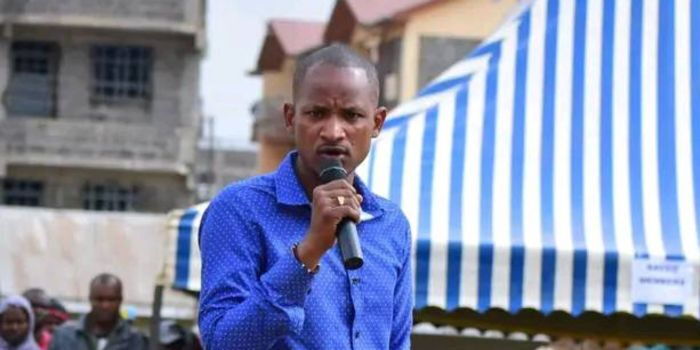
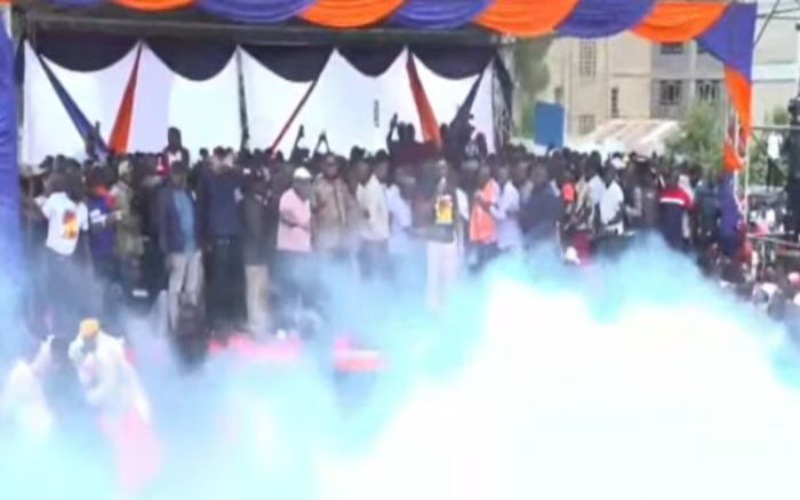

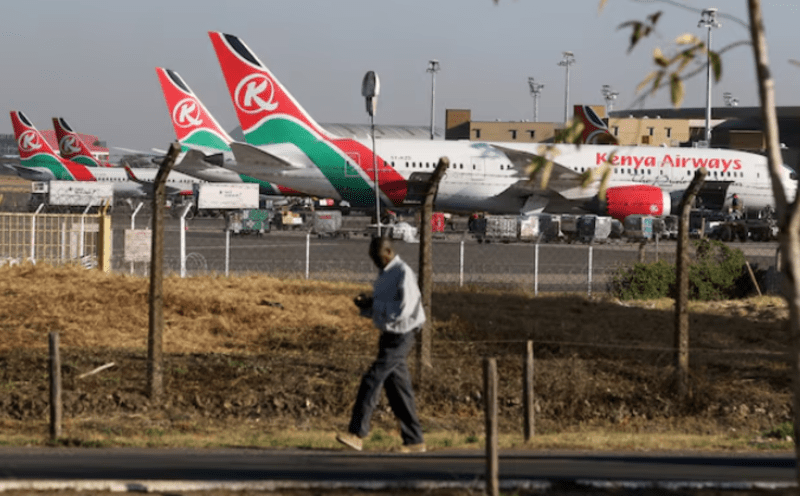
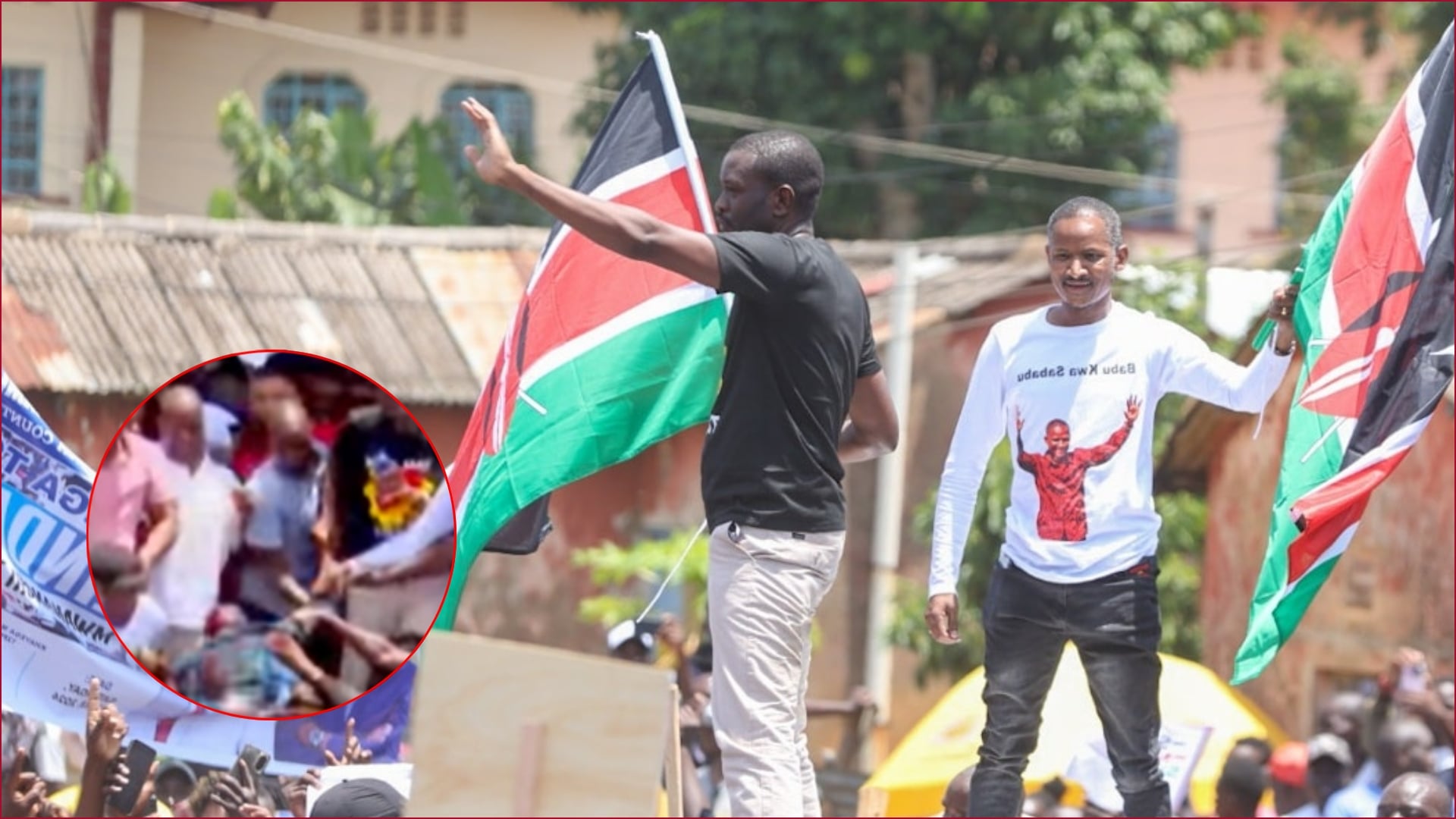

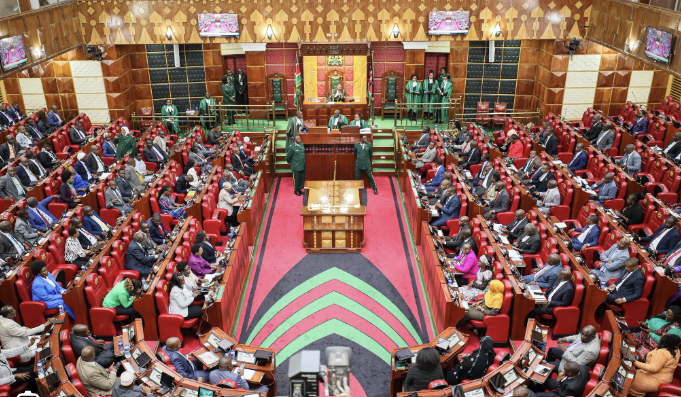
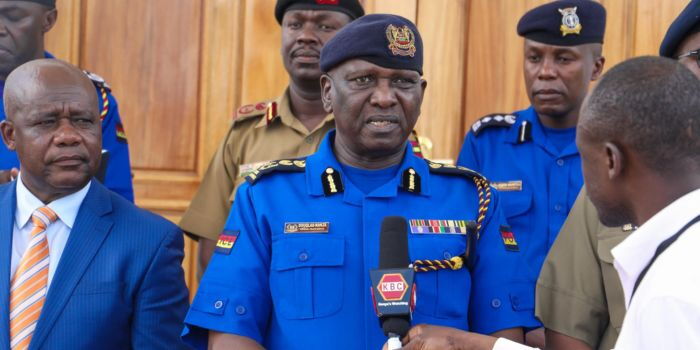
Leave a Reply